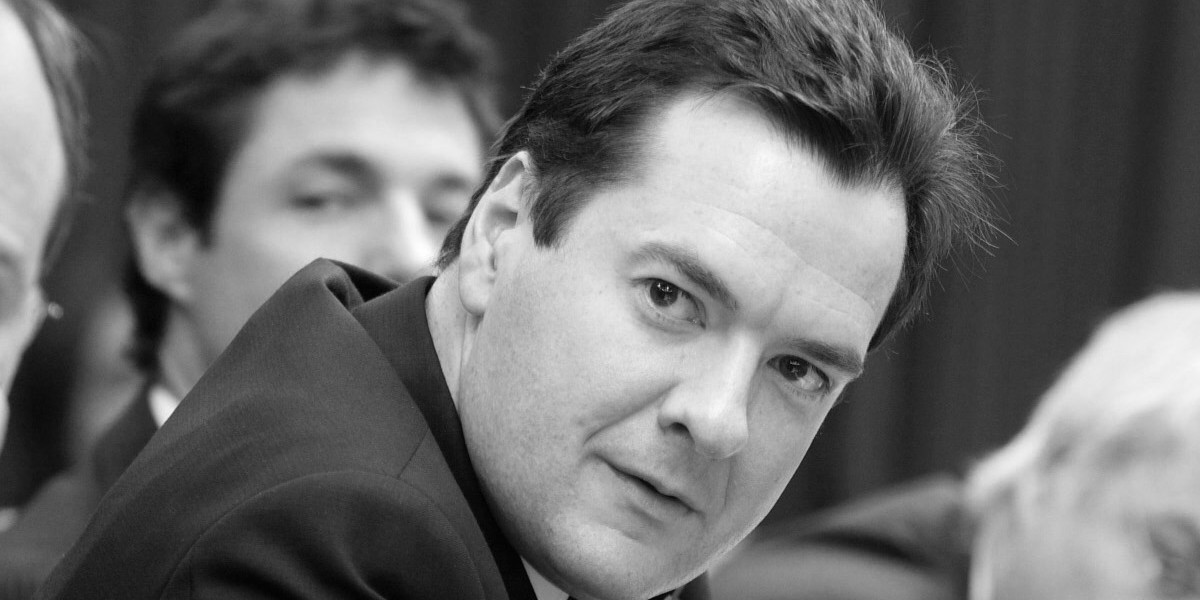Measure for measure
The global financial crisis of 2008 did not just reveal the structural defects in our economy. It also laid bare the total inadequacy of how government measured success. Even as bankers at some of the world’s leading financial institutions were clearing...
The global financial crisis of 2008 did not just reveal the structural defects in our economy. It also laid bare the total inadequacy of how government measured success.
Even as bankers at some of the world’s leading financial institutions were clearing their desks, our main headline indicators provided almost no warning signals of the catastrophic events that were unfolding. What we measure – and how we measure it – matters.
The financial crisis proved that simply targeting the headline goals of GDP growth, unemployment and inflation was not enough to identify major economic weaknesses as they emerged. These indicators did not reveal growing short-termism and vulnerability in the British economy that was slowly exposing the country to the dangers of a financial crash. Nor did they identify the increasingly unequal distribution of rewards, for the official poverty measure was continuing to fall.
As Britain sailed into the worst economic storm in living memory, the message from our main economic measures was ‘steady as she goes’. This report sets out measures that we believe would do a better job in reflecting what matters for a fair and sustainable economic future.
They are not a comprehensive set of indicators for the next government, but they are far more wide-ranging than those routinely discussed before the crisis. Our proposals seek to establish quantifiable goals that will set a clear path for success in rebalancing the UK’s economy.
For ‘rebalancing’ must be more than a soundbite that can be conveniently sidelined if and when GDP growth, unemployment and inflation return to ‘normal’. To prevent this from happening the goals of economic reform need to be set out in black and white, with a clear and specific set of measures to track progress. The report sets out proposals for 20 measures of economic progress.
These are not the only measures that should be taken into account, but we believe they most reflect the direction needed to achieve fairness, sustainability and long-term prosperity. We have deliberately excluded the three most commonly used measures – GDP, inflation and unemployment. These measures will no doubt continue to be widely discussed, come what may. But they have become so totemic that they can obscure a broader assessment of economic good health.
The measures in this report are not the only ones that could indicate economic progress, and our choices will no doubt spark debate. ii But selecting official goals is never an objective process. It is a fundamentally political choice which allows a government to clearly define its priorities; a way of publicly applying pressure, building awareness, winning support, and placing individual policy initiatives within an overall strategy.
Indicators provide a means to measure a government’s success in living up to its ambitions. The indicators we’ve chosen paint a picture of the economy which the next government will inherit in 2015. They explore what has gone wrong as well as developments which give cause for optimism. Alongside this our proposed goals for each indicator say what ‘good’ might look like, as a benchmark to judge success.
In our work we have reviewed a range of policy and economic literature as well as key official statistics. We also consulted a wide group of experts to identify where there was most agreement on the nature of economic success, as our aim is to propose measures of success that politicians and policy makers can unite around.
